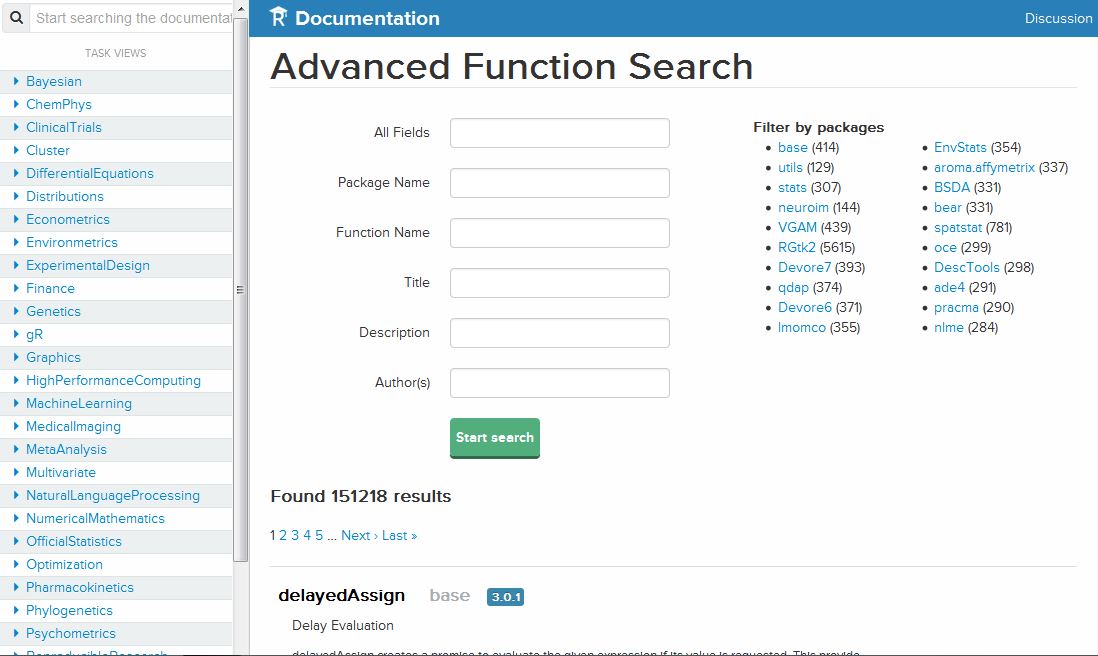Another problem, in the presence of a NAMESPACE, is that you are trying to run an unexported function from package foo.
For example (contrived, I know, but):
> mod <- prcomp(USArrests, scale = TRUE)
> plot.prcomp(mod)
Error: could not find function "plot.prcomp"
Firstly, you shouldn't be calling S3 methods directly, but lets assume plot.prcomp was actually some useful internal function in package foo. To call such function if you know what you are doing requires the use of :::. You also need to know the namespace in which the function is found. Using getAnywhere() we find that the function is in package stats:
> getAnywhere(plot.prcomp)
A single object matching ‘plot.prcomp’ was found
It was found in the following places
registered S3 method for plot from namespace stats
namespace:stats
with value
function (x, main = deparse(substitute(x)), ...)
screeplot.default(x, main = main, ...)
<environment: namespace:stats>
So we can now call it directly using:
> stats:::plot.prcomp(mod)
I've used plot.prcomp just as an example to illustrate the purpose. In normal use you shouldn't be calling S3 methods like this. But as I said, if the function you want to call exists (it might be a hidden utility function for example), but is in a namespace, R will report that it can't find the function unless you tell it which namespace to look in.
Compare this to the following:
stats::plot.prcomp
The above fails because while stats uses plot.prcomp, it is not exported from stats as the error rightly tells us:
Error: 'plot.prcomp' is not an exported object from 'namespace:stats'
This is documented as follows:
pkg::name returns the value of the exported variable name in namespace pkg, whereas pkg:::name returns the value of the internal variable name.


Rcommand fails, butq()! Advice will be greatly appreciated! – Alabama